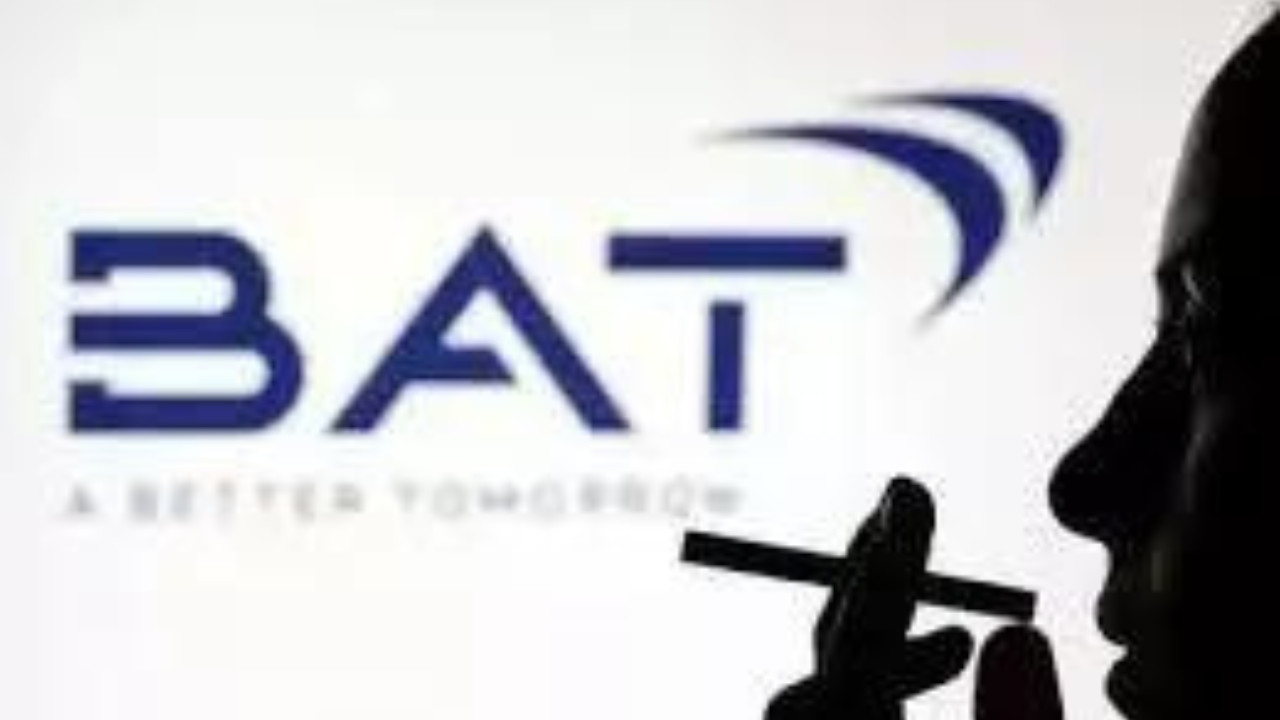British American Tobacco Plc divested a 2.5% stake in ITC Ltd for Rs 12,941 crore, reducing its shareholding to 22.94%. The sale, executed through open market transactions, aims to enhance BAT’s financial flexibility for transformation investments and shareholder returns. Proceeds will extend the share buyback program by £200 million, signaling continued confidence in ITC’s strategic value.
BAT Lightens Up: Why the Tobacco Giant is Trimming Its ITC Stake (and What it Means)
Okay, let’s talk business. Not the dry, spreadsheet-laden kind, but the juicy, “what’s really going on?” kind. Today’s topic: British American Tobacco (BAT), the global behemoth behind brands like Dunhill and Lucky Strike, just shaved off a significant chunk of its stake in ITC, the Indian conglomerate that’s practically a household name in the country. We’re talking a 2.5% reduction, which translates to a whopping ₹12,941 crore (that’s roughly $1.55 billion USD!).
Now, the headlines scream “financial flexibility,” which is corporate speak for “we need more cash and this is a convenient way to get it.” And while that’s undoubtedly part of the story, I think there’s more to unpack here.
Let’s rewind a bit. BAT has held a substantial stake in ITC for ages, a legacy of British-era investment. ITC, in turn, is a powerhouse in India, not just in tobacco (where it’s the market leader), but also in FMCG (think packaged foods, personal care), hotels, paper, and even IT. They’re a diversified giant, deeply entrenched in the Indian economy.
So why would BAT, after all this time, decide to offload a portion of its prized asset? The official line, as they say, is to bolster BAT’s financial firepower and fuel investments in “new categories.” That likely translates to next-generation products like vaping devices and heated tobacco products, the areas where the future of tobacco (if there is one) seems to be headed.
And honestly, that makes sense. The writing’s on the wall: traditional cigarette consumption is declining globally as health awareness rises and regulations tighten. BAT, like other major tobacco players, is scrambling to adapt. These new categories require significant investment in research, development, and marketing. Shedding some ITC shares provides a hefty war chest.
But here’s where things get interesting. Could there be another layer to this decision? The Indian market is unique. ITC, while rooted in tobacco, has successfully diversified into sectors with higher growth potential. Its FMCG business, for example, is booming. Some analysts might argue that BAT is missing a trick by diluting its exposure to this rapidly expanding Indian consumer market.
Perhaps BAT is playing the short game, prioritizing immediate cash flow over long-term gains from ITC’s diversified portfolio. Or maybe, just maybe, they see headwinds in the Indian market that aren’t immediately apparent to outsiders. Political uncertainties, regulatory changes, or simply a shift in consumer preferences could all be factors influencing this decision.
Another subtle point to consider is the ever-present pressure on tobacco companies to be responsible corporate citizens. Holding a large stake in a tobacco-focused company can be a public relations headache, especially for an organization trying to reinvent itself as a forward-thinking, health-conscious entity (as contradictory as that sounds). Reducing their stake might be a strategic move to distance themselves, even slightly, from the stigma associated with the tobacco industry.
The sale itself was reportedly executed smoothly, with institutional investors snapping up the shares. This suggests strong underlying confidence in ITC’s long-term prospects, even if its major shareholder is scaling back. The fact that the shares were sold at a slight discount is typical in these kinds of large-block deals, but it doesn’t necessarily indicate a lack of faith in the company.
Ultimately, BAT’s decision to trim its ITC stake is a complex one, driven by a mix of financial necessity, strategic realignment, and perhaps even a touch of political calculation. It’s a reminder that even the biggest corporations are constantly reassessing their positions and adapting to changing market dynamics.
What does it mean for ITC? In the immediate term, probably not a whole lot. ITC remains a robust and well-managed company with a diverse portfolio. However, it does signal a shift in the power dynamic. With a smaller stake, BAT’s influence on ITC’s strategic direction will likely diminish. This could potentially open up opportunities for ITC to pursue its own independent growth plans, perhaps even venturing into new sectors without needing to consider BAT’s global agenda.
So, while BAT is lightening its load in India, ITC seems poised to continue its journey as a dominant force in the Indian economy. It will be fascinating to watch how this unfolds in the coming years. One thing’s for sure: the business landscape is never static, and even the most entrenched giants are constantly navigating a sea of change.
📬 Stay informed — follow us for more insightful updates!






